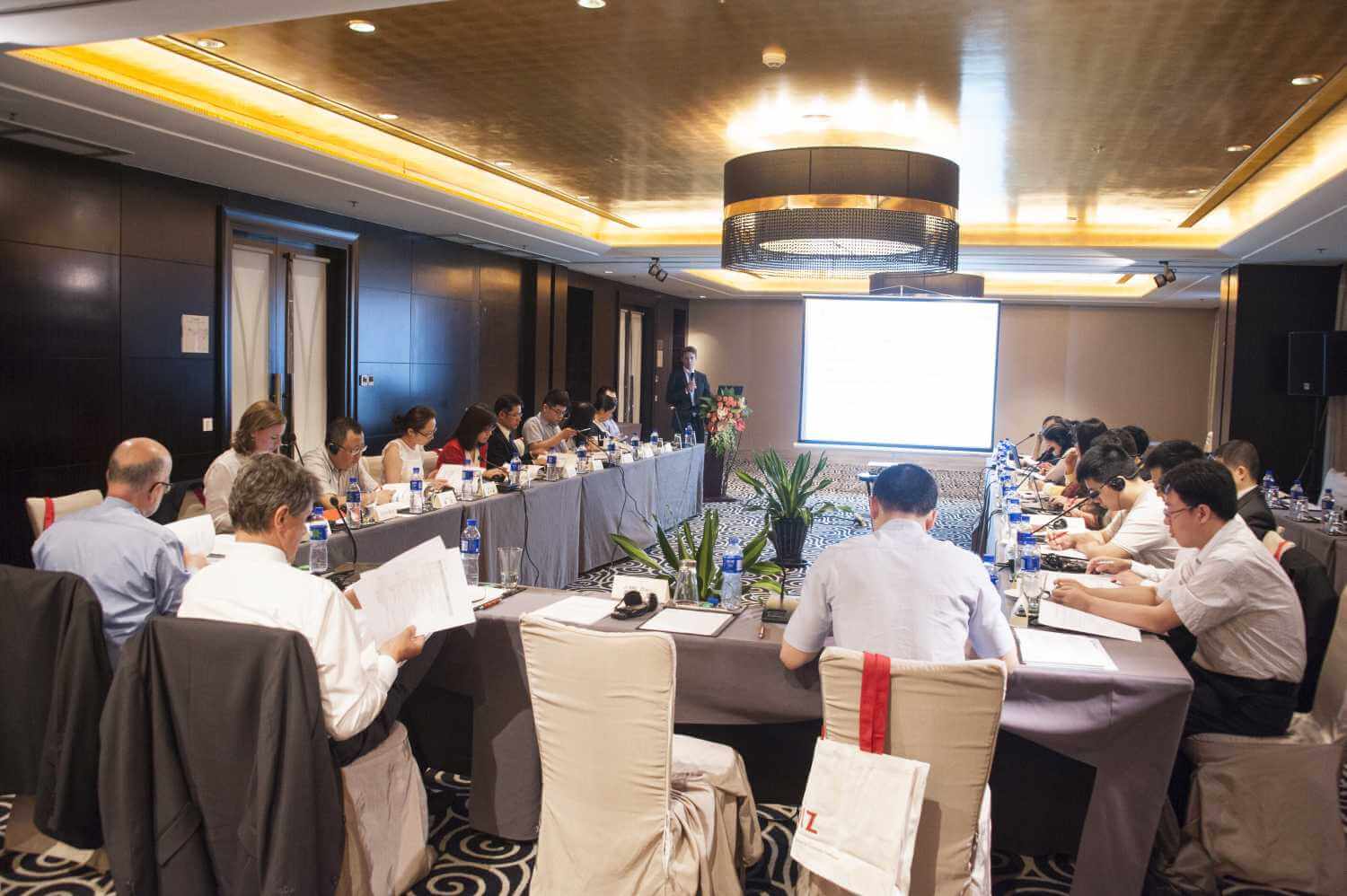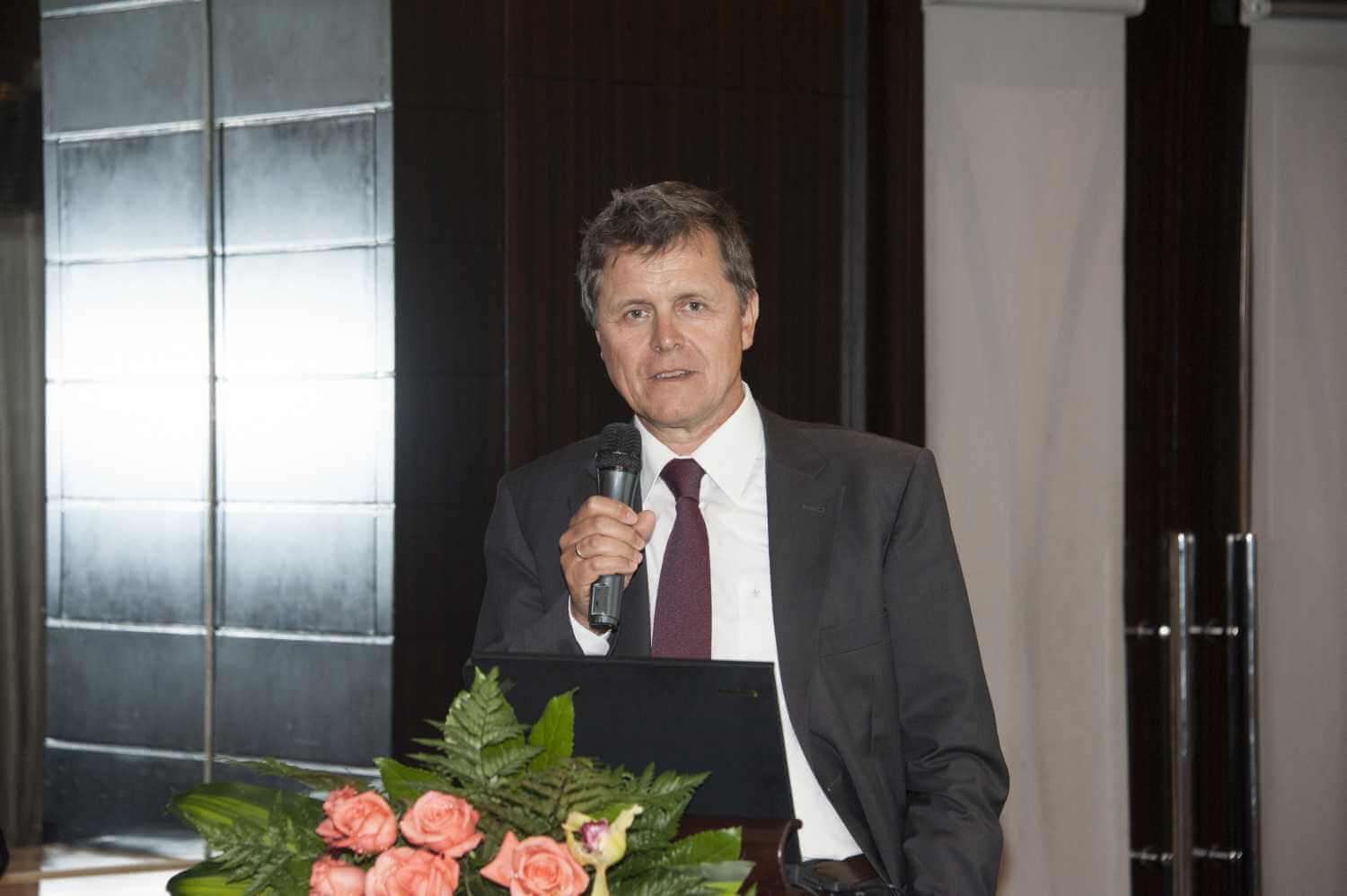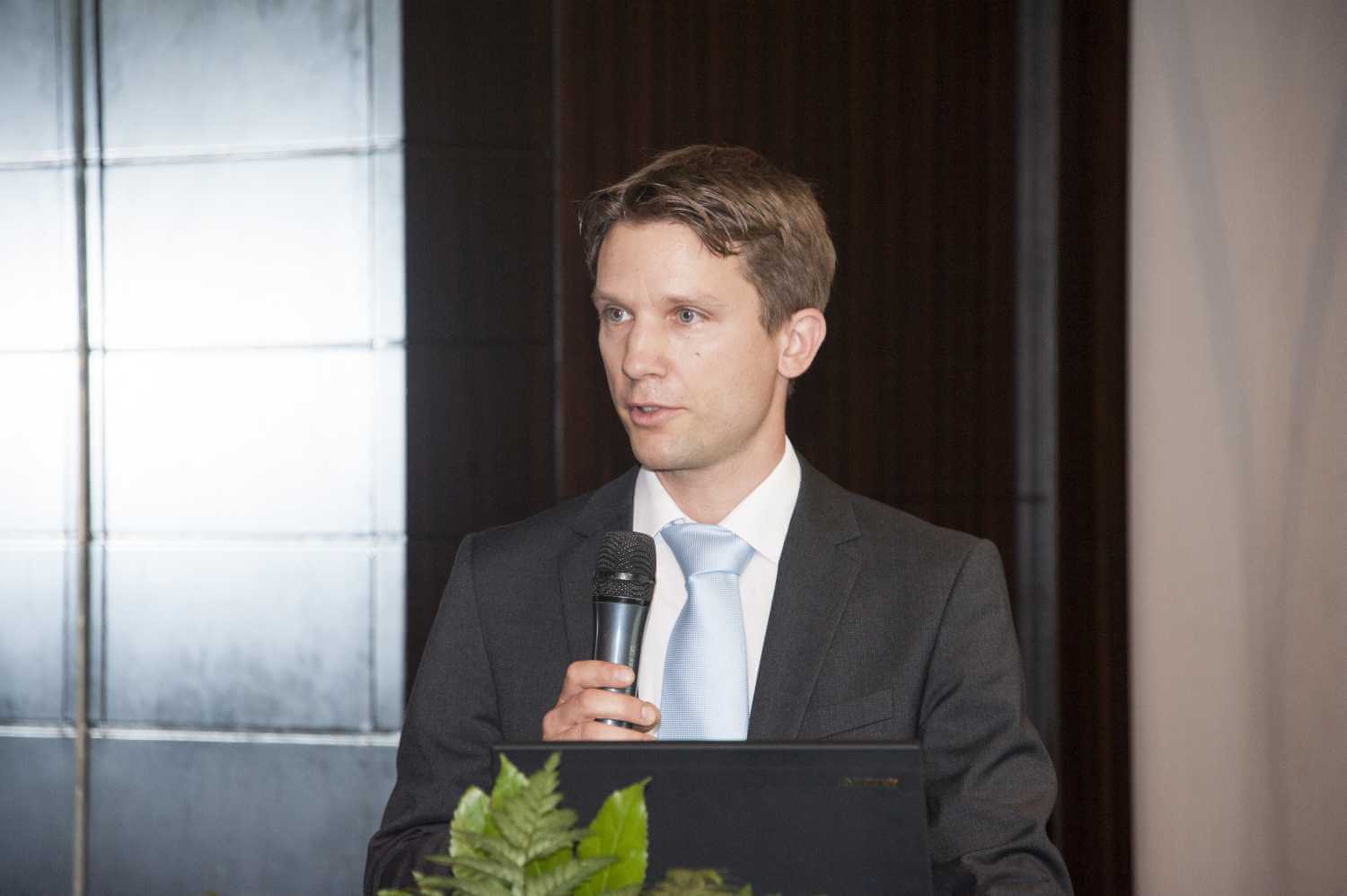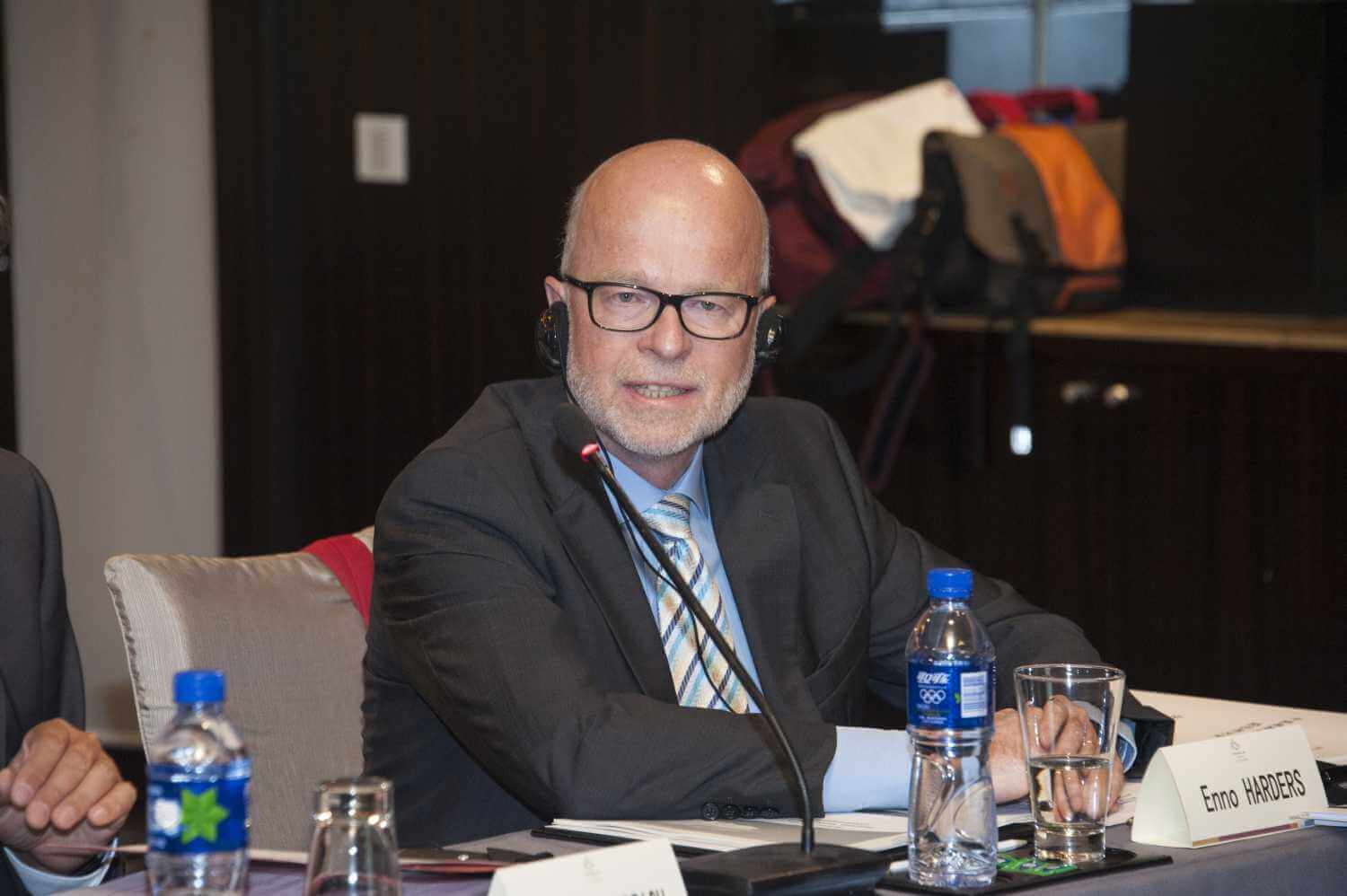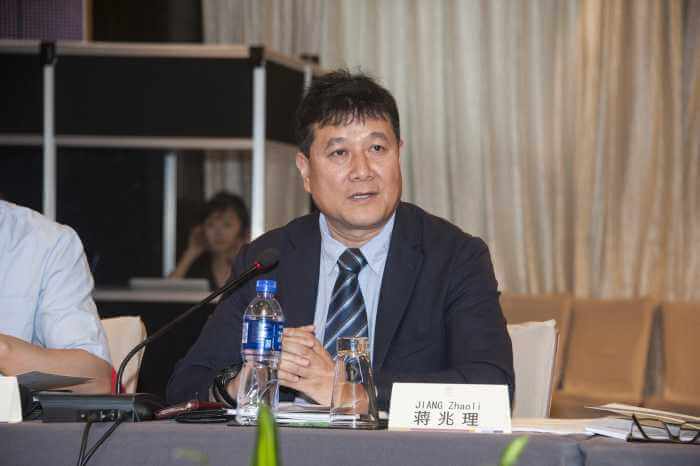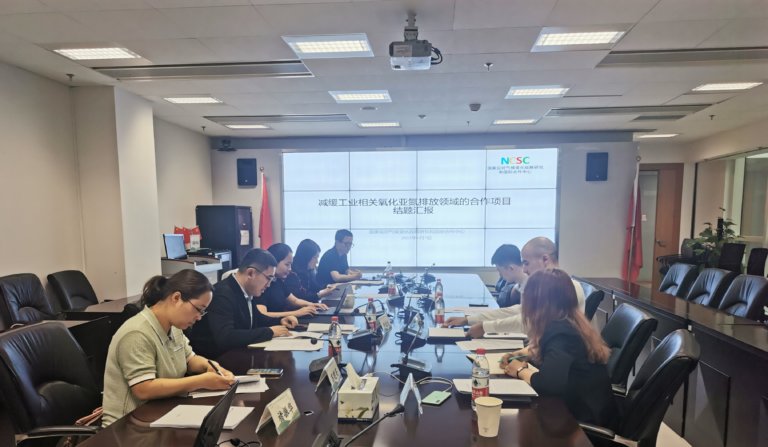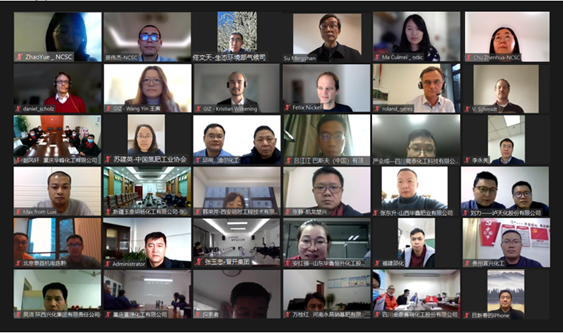10-11 June 2015 – This workshop on ETS legislation in China, held in Beijing, brought together high level legal experts from Germany and China to discuss ETS legislation and further steps for the Chinese national ETS. This one and a half day workshop was jointly organised by GIZ and NDRC to actively enhance the bilateral experience exchange.
The workshop offered a comprehensive and interactive platform to share experiences and lessons learnt from EU-ETS legislation and Chinese pilot ETS. Legal experts from People’s Congress, State Council and DRCs of ETS pilots as well as academics contributed with their expertise and knowledge. The workshop successfully aimed to jointly develop useful suggestions and advices for the next steps for China’s national ETS legislation.
Focus areas include the development and set-up of EU and German ETS legislation, from a decentralized legislation to a centralized system with framework legislation, as well as the relation and interaction of different administrative levels and institutions. Other aspects as regulatory requirements and administrative processes were also tackled.
The participants presented different perspectives regarding the Chinese ETS regulations and draft regulations for the national ETS as well as the EU and German ETS legislation. Dr. Dirk Weinreich, Head of Division from BMUB presented best practices and lessons learnt from the German ETS legislation. He stressed the unique and specific system of the EU ETS with its sovereign member states and its unique feature which consists in a harmonized legislation. The idea of a harmonized management of verification organizations was highly appreciated from the Chinese side.
Furthermore Dr. Jan Scharlau, Senior Official from BMUB and Dr. Enno Harders, Head of Department from der German Emissions Trading Authority DEHSt shared their practical experience and expertise on ETS legislation, respective institutions and implementation. They tackled the areas of the scope of ETS, covered entities, MRV, cap setting and allocation as well as the compliances circle. Regulatory requirements and administrative procedures have also been presented in depth.
The participants actively shared their experiences and lessons learnt regarding the development and implementation of the Chinese ETS pilot regions. Representatives from Shenzhen, Guangdong, Beijing and Tianjin presented the specific and unique features of their ETS legislation.
During the lively discussions in the different Q&A sessions, the participants clarified all sort of detailed questions regarding MRV rules, verification report procedures or the sanction system. Practical questions regarding the Chinese national ETS were also tackled, including a possible procedure regarding the transfer of local allowances to nation allowances or the recognition of CCERs in offsetting.

